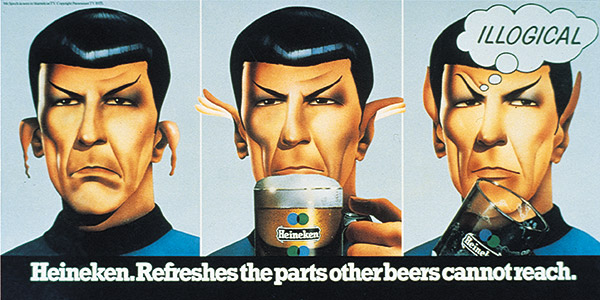Doctor Strange
I'll Lock Up
- Messages
- 5,272
- Location
- Hudson Valley, NY
So they don't have to overwork themselves making the tech and sets/costumes look like "the past", and can make connections to movie-established characters like Christopher Pike and Spock's mother Amanda if desired.









